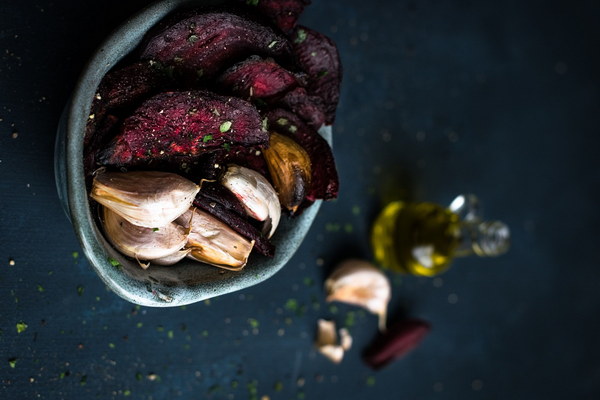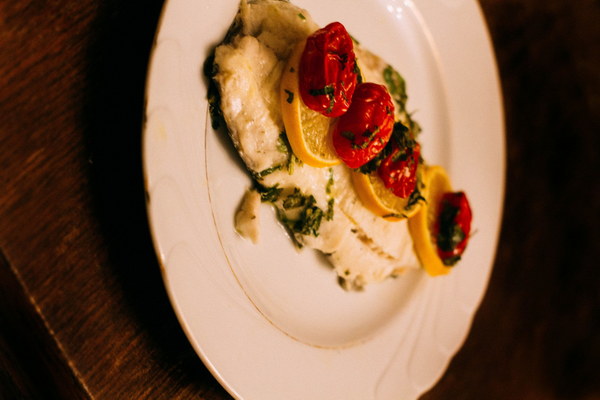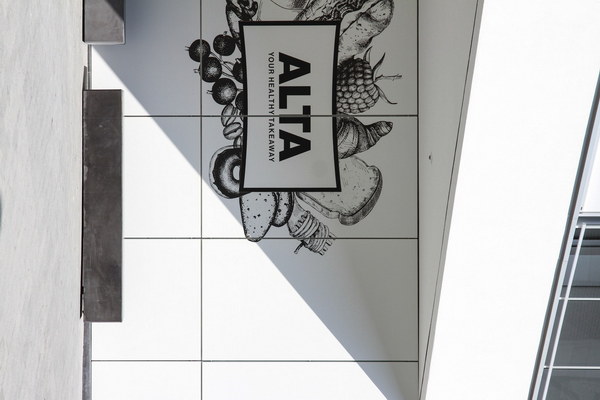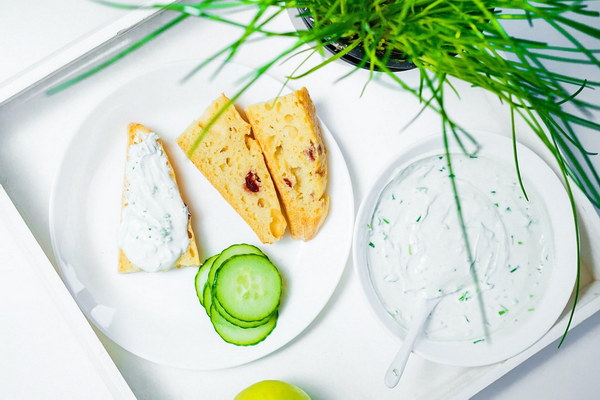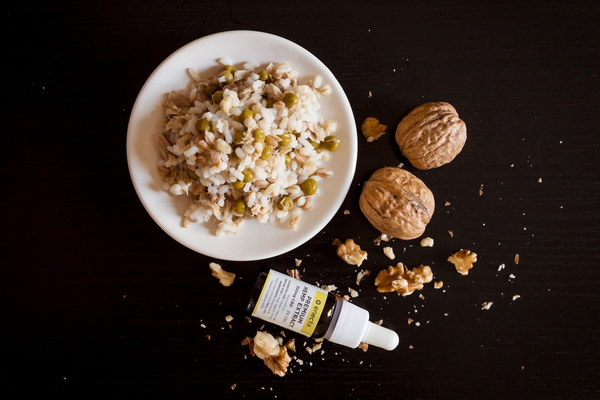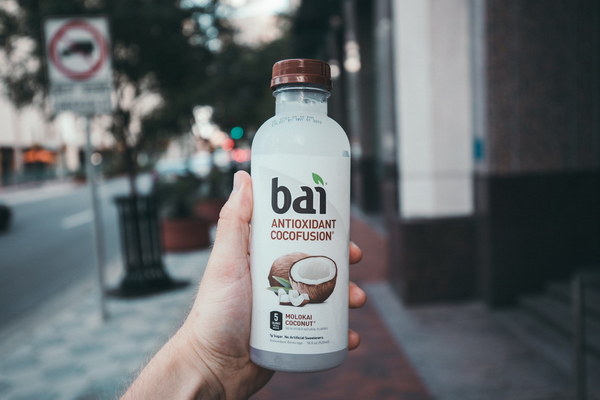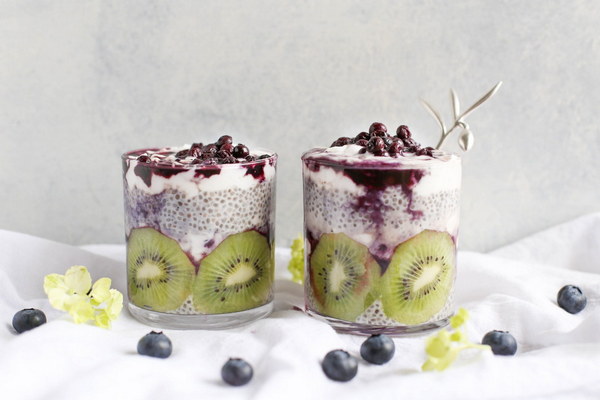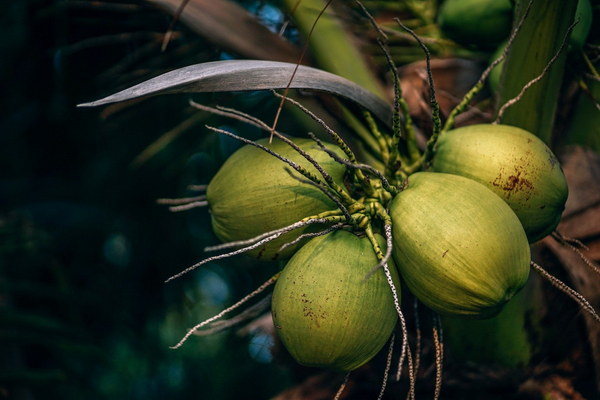Nourishing Foods for Lung Cancer Patients A Guide to Strengthening the Body
Lung cancer, a formidable opponent in the battle against cancer, demands not only medical treatment but also a robust nutritional plan to support the body's healing process. The right diet can significantly impact a patient's quality of life and overall well-being. This article explores the best foods for lung cancer patients to help strengthen their bodies and support their recovery.
1. Alkaline Foods for Acidic Bodies
Lung cancer patients often experience an acidic body environment, which can exacerbate symptoms and weaken the immune system. Alkaline foods help balance the pH levels, creating a healthier internal environment. These include:
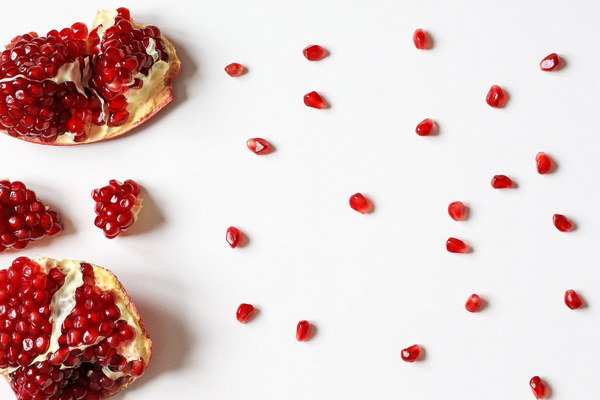
- Leafy Greens: Spinach, kale, and Swiss chard are rich in antioxidants and fiber, which can help reduce inflammation and support the liver's detoxification processes.
- Broccoli: This cruciferous vegetable contains sulforaphane, a compound that has been shown to have anti-cancer properties.
- Avocado: High in healthy fats, avocados can help keep the immune system strong and provide energy without the negative effects of processed sugars.
2. Fruits for Immune Support
Boosting the immune system is crucial for lung cancer patients. Fruits packed with vitamins, minerals, and antioxidants can help ward off infections and support the body's defense mechanisms. Some fruits to consider include:
- Blueberries: Known for their high levels of antioxidants, blueberries can help protect against oxidative stress.
- Strawberries: Rich in vitamin C, strawberries can support the immune system and reduce inflammation.
- Kiwi: This exotic fruit is full of vitamin C and fiber, making it an excellent choice for a healthy diet.
3. Lean Proteins for Muscle Strength
Protein is essential for healing and building muscle tissue. Lean proteins are particularly important for lung cancer patients to maintain muscle mass and strength. Good sources include:
- Chicken and Turkey: These poultry options are low in fat and high in protein, making them ideal for meal preparation.
- Fish: Fish like salmon, trout, and mackerel are rich in omega-3 fatty acids, which can help reduce inflammation and support heart health.
- Tofu and Tempeh: Made from soybeans, these plant-based proteins are a great alternative for those looking to avoid animal products.
4. Whole Grains for Energy
Whole grains provide complex carbohydrates that offer sustained energy release, which is vital for cancer patients undergoing treatment. Incorporate the following into the diet:
- Quinoa: A complete protein and rich in fiber, quinoa is a versatile grain that can be used in salads, soups, or as a side dish.
- Brown Rice: High in fiber and B vitamins, brown rice is a nutritious option for those looking to increase their dietary fiber intake.
- Oats: Oats are a whole grain that can be enjoyed in a variety of ways, from oatmeal to granola, providing slow-burning energy.
5. Hydration and Hydrating Foods
Proper hydration is essential for maintaining bodily functions and aiding in the elimination of toxins. Drink plenty of water throughout the day, and include hydrating foods in your diet:
- Watermelon: A hydrating fruit with high water content, it also contains antioxidants and amino acids.
- Cucumber: Low in calories and high in water content, cucumber can be eaten raw or used in salads and smoothies.
- Herbal Teas: Warm herbal teas like ginger or chamomile can help with hydration and offer additional health benefits.
6. Avoiding Harmful Foods
While certain foods can help support the body, others may hinder the healing process. It's important for lung cancer patients to avoid or minimize the intake of:
- High-Fat Foods: Foods high in saturated fats can contribute to inflammation and weaken the immune system.
- Processed Foods: These often contain preservatives, artificial colors, and high levels of sodium, which can be harmful to the body.
- Alcohol: Alcohol can interfere with cancer treatments and weaken the immune system.
In conclusion, lung cancer patients can benefit significantly from a well-rounded diet that includes alkaline foods, immune-boosting fruits, lean proteins, whole grains, hydrating foods, and the avoidance of harmful substances. By focusing on these nutritional strategies, patients can support their body's natural healing processes and improve their quality of life during treatment and beyond. Always consult with a healthcare provider or a registered dietitian before making any significant changes to your diet.
